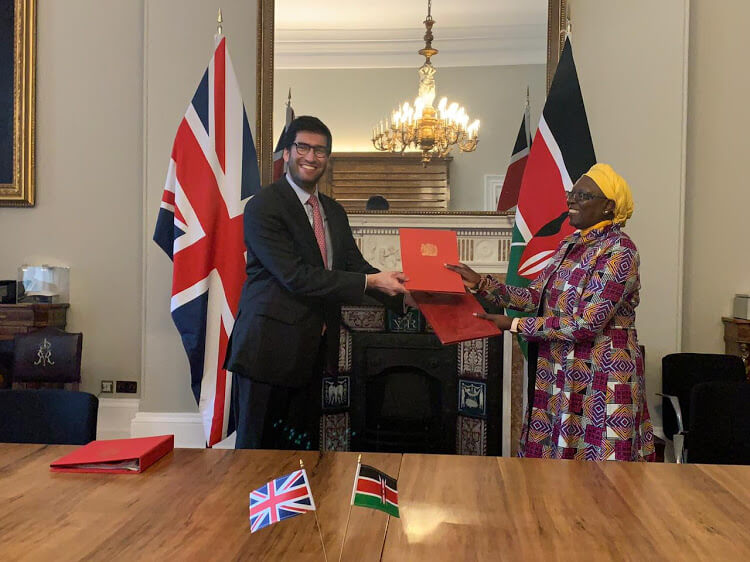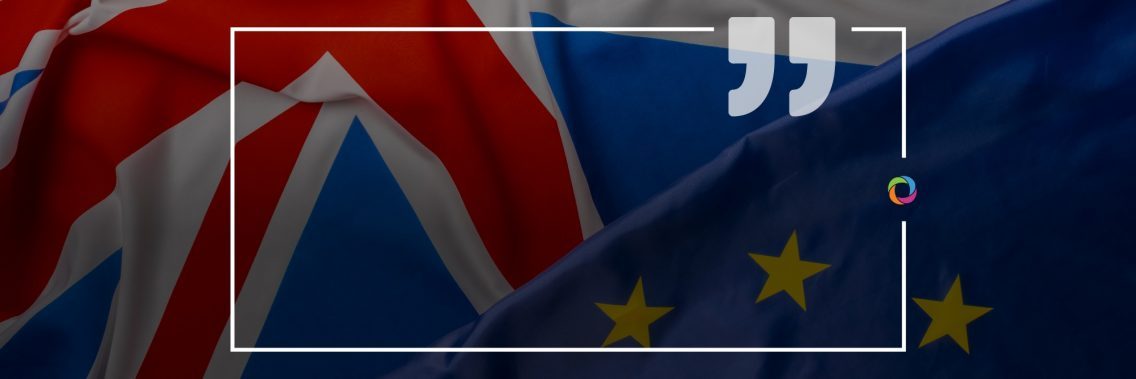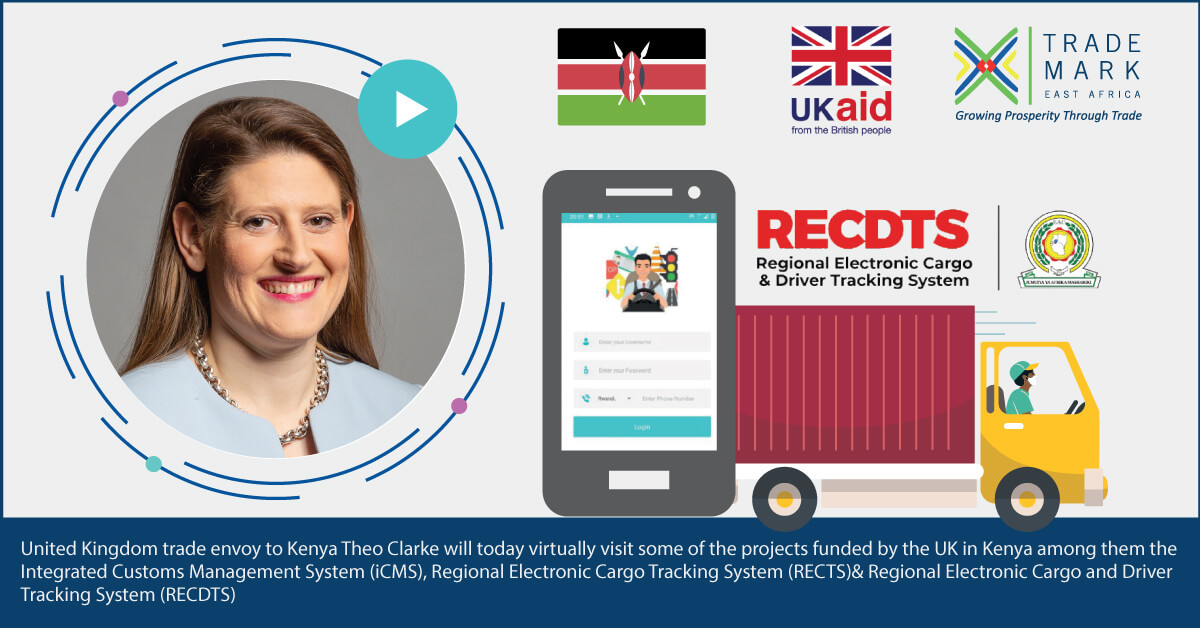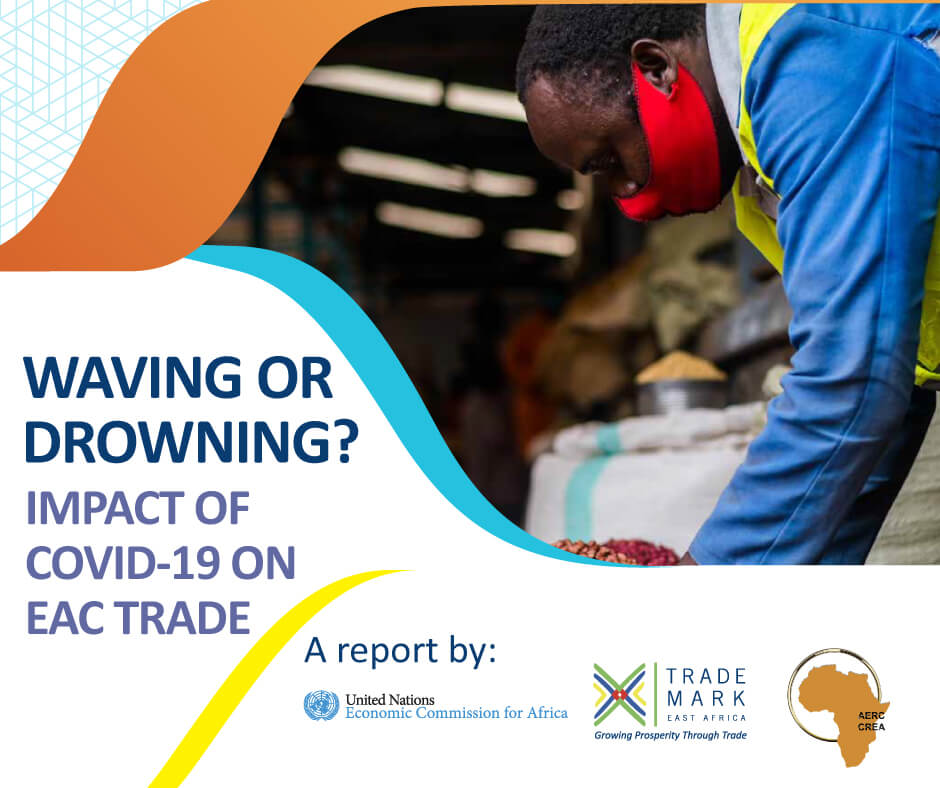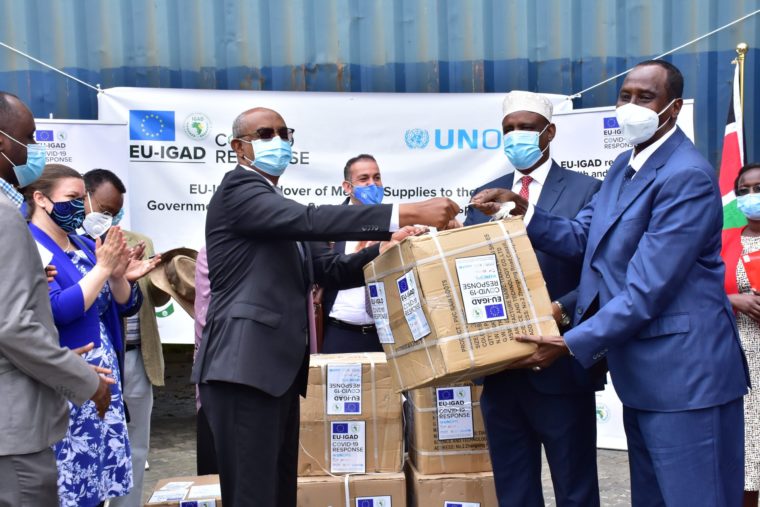MINISTERS from the tripartite group of regional economic communities in eastern and southern Africa have set June 2021 as the deadline to achieve the threshold of 14 ratifications required to enable the Tripartite Free Trade Area (TFTA) to enter into force. The deadline was set during the 2nd Extra-Ordinary Meeting of the Tripartite Council of Ministers held virtually last week. It coincides with the 6th anniversary since the launch of the TFTA agreement on 10 June 2015 in Egypt, said the Common Market for Eastern and Southern Africa (Comesa) in a statement. The tripartite group brings together member States of Comesa, the East African Community (EAC) and the Southern Africa Development Community (Sadc). “The countries that ratified the agreement earlier have not realised the benefits they had expected as they have been held back by those that have not,” the ministers were quoted as saying, noting that some member States have ratified the African Free Trade Area (AfCFTA) but not the TFTA. “The ministers advised countries to delink ratification with the ongoing negotiations. Besides, the team of experts conducting the negotiations confirmed they will be concluded before June this year,” said Comesa. Currently, 10 member States, which are Botswana, Eswatini (Swaziland), South Africa, Zambia, Namibia, Burundi, Egypt, Kenya, Uganda, and Rwanda have ratified the agreement with four more needed to attain the ratification threshold. The Comesa, EAC and SADC member and partner States represent 53 percent of the African Union membership, constitute over US$1,4 trillion Gross Domestic Product (GDP), which...



